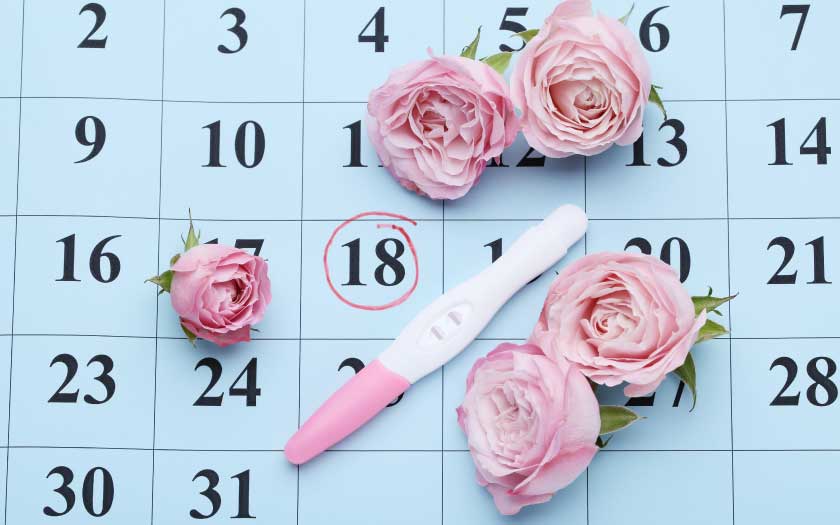A woman’s body and its reproductive system is a complex, systematic one. While many women have no issues in conceiving and starting a family, just as many seem to miss their fertile periods, which in turn hampers their efforts to become pregnant.
Here are some questions you may have that need answering.
How will I know when is the most fertile time of the month?
Women have used a few useful methods to determine their ovulation period, which will then pinpoint their most fertile time of the month. These include checking their basal body temperature; the viscosity of their cervical fluids and of course, by tracking their periods. These methods take time to master and effort too. These days, however, a more effective and convenient way exists, which is by using an ovulation test kit.
Are ovulation periods the same for all women?
No, there is a window period of when ovulation takes place and they may not be the same every month for individual women either. Hence depending on ovulation days based on calculations may not reap accurate results if you’re trying to conceive, or trying to avoid pregnancy for that matter. For a woman with a 28-day cycle, the window of ovulation is day 11 through day 21 of your cycle. Ovulation could occur on any one day during this window.
For how long at a time will I be most fertile?
During the time frame of ovulation, an egg is only available to be fertilized for about 12-24 hours. However, your partner’s sperm can live in your body for three to five days after sex. You will be considered most fertile for an average of six days.
What does an ovulation predictor/test kit do?
In a healthy female body. the luteinizing hormone (LH) rises right before ovulation occurs. The role of an ovulation kit is to detect this surge in the LH hormone and consequently pinpoint your ovulation period that will follow, which is your most fertile period.
Why is it that I’m still unable to conceive despite having intercourse several times during my fertile period every month?
You or your partner may be facing a reproductive system issue or some other undetected health issue. It’s best to have a thorough check-up at a fertility clinic or center, where they can pinpoint the cause and address the issue.


